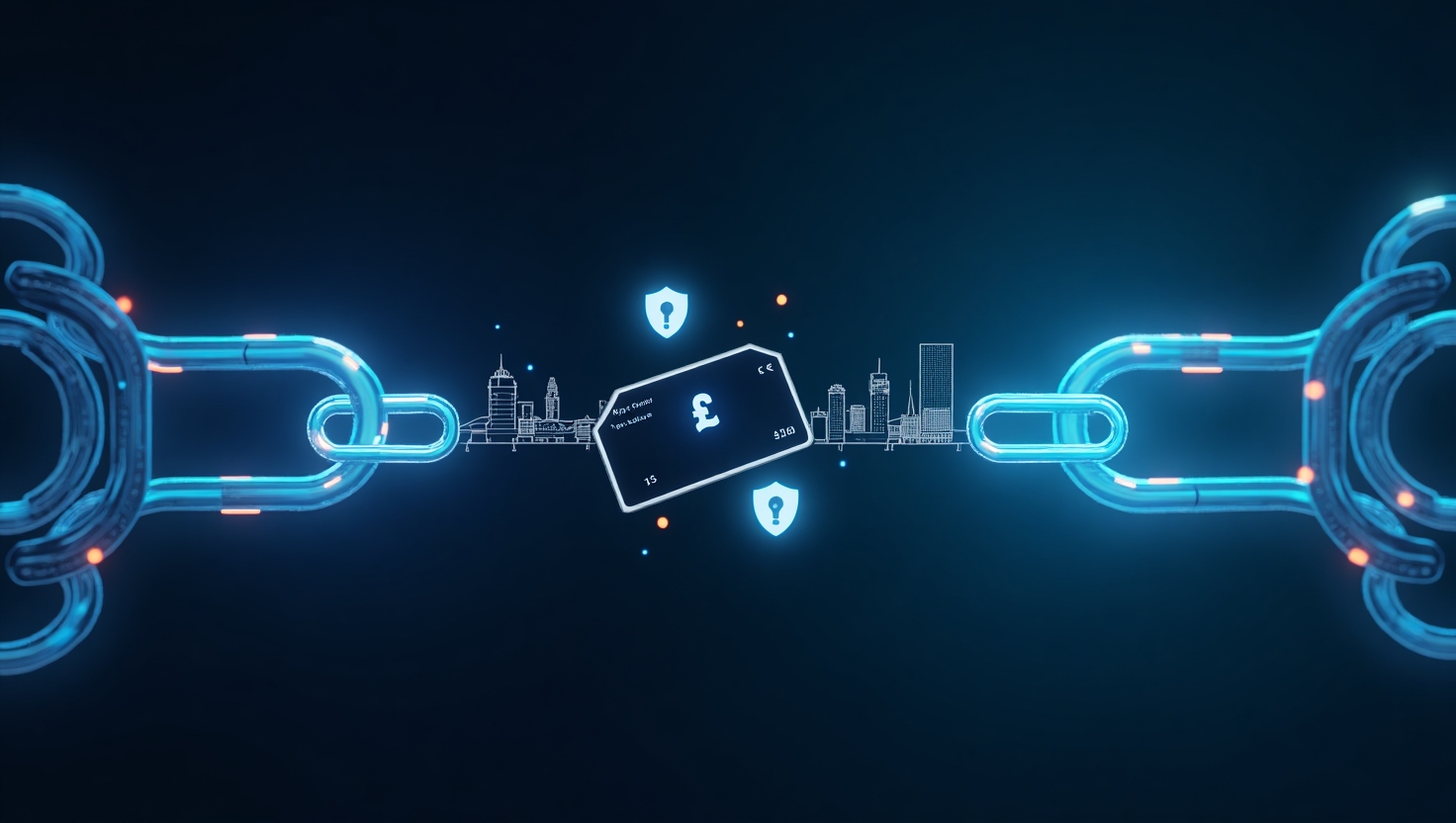The card payment industry is evolving fast but blockchain could be the biggest disruptor yet.
While traditional card payments rely on banks and processors, blockchain offers faster, cheaper, and more secure transactions.
So, how exactly will blockchain change the game?
In this guide, we’ll break down:
- How blockchain works in payments
- The rise of crypto-powered card transactions
- Smart contracts & automated payments
- Fraud reduction & chargeback protection
- Challenges holding blockchain back
Let’s explore.
1. How Blockchain Works in Payments (A Quick Primer)
Blockchain is a decentralized digital ledger that records transactions across a network of computers. Unlike traditional banking, there’s no central authority—just peer-to-peer (P2P) verification.
Key Benefits for Card Payments:
- Faster settlements – No waiting 2-3 days for bank clearance.
- Lower fees – Cuts out intermediaries like Visa/Mastercard.
- Enhanced security – Transactions are encrypted & immutable.
Example: A UK business using blockchain payments could receive funds instantly instead of waiting for bank processing.
2. Crypto-Powered Card Payments (Already Happening)
Cryptocurrency debit cards (like Crypto.com Visa Card) let users spend Bitcoin, Ethereum, and stablecoins anywhere card payments are accepted.
How It Works:
- User loads crypto onto a card.
- At checkout, crypto converts to GBP in real time.
- Merchant receives traditional fiat payment (no crypto volatility risk).
UK Adoption: Companies like Wirex & Binance offer crypto cards with cashback rewards making them an attractive alternative to traditional cards.
Future Prediction: By 2027, 15% of UK adults will own a crypto debit card.
3. Smart Contracts: The End of Manual Payment Processing?
Smart contracts are self-executing agreements on the blockchain. For card payments, this could mean:
- Automated subscription billing (No failed payments)
- Instant refunds (No waiting for merchant approval)
- Conditional payments (e.g., “Pay only after delivery is confirmed”)
Use Case: A UK eCommerce store could use smart contracts to release payments only when a customer receives their order, reducing disputes.
4. Fraud Reduction & Chargeback Protection
Chargebacks cost UK businesses £400 million per year (UK Finance). Blockchain could slash this number by:
- Eliminating card cloning (Each transaction is cryptographically secure)
- Reducing friendly fraud (Immutable proof of purchase)
- Preventing identity theft (Biometric + blockchain authentication)
Example: A blockchain-based POS system could stop fraudulent transactions before they happen—saving merchants thousands.
5. Challenges Holding Blockchain Back
Despite its potential, blockchain payments still face hurdles:
- Regulatory uncertainty – The UK’s FCA is still defining crypto rules.
- Volatility risks – Merchants want stablecoins, not speculative assets.
- Scalability issues – Some blockchains can’t handle Visa-level transaction speeds (yet).
The Good News: Solutions like Lightning Network (Bitcoin) and Ethereum 2.0 are improving speed and costs.
Final Thoughts: Should UK Businesses Adopt Blockchain Payments?
- Blockchain won’t replace card payments overnight, but it’s already influencing:
Faster cross-border transactions
- Lower processing fees
- Reduced fraud & chargebacks
- New payment options (crypto cards, smart contracts)
Is Your Business Ready?
Paymentsave stays ahead of payment trends—whether it’s contactless, mobile, or blockchain-powered solutions.


